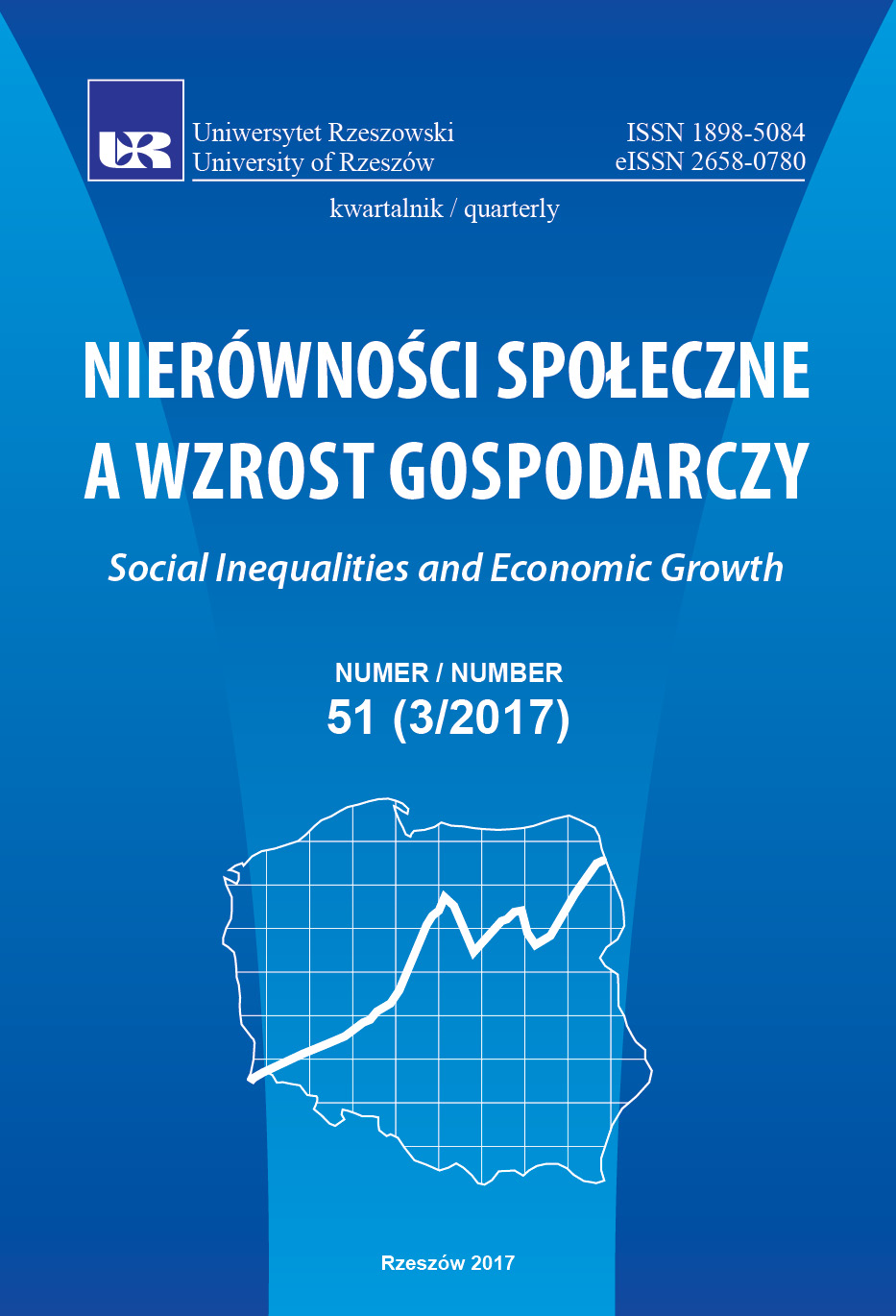The fourth industrial revolution and some economic theories
DOI:
https://doi.org/10.15584/nsawg.2017.3.3Keywords:
industrial revolution, production function, economic theory, labour and capital, Industry 4.0Abstract
The article presents some economic theories in view of the fourth industrial revolution. It shows that computer appearance (and development of ICT after that) may be treated as a response to lack of ability to process information (big-data in real time). The fourth revolution implicates a production function revision, changes in usage of inputs and their role in production process. Output expansion paths start to be more labor saving (what means: they are capital intensive) just because capital productivity is higher (isoquants are next to capital not labor axis). Classical labor definition of Smith’s is replacing with human and social capitals, where knowledge is accumulating. First group, classical labor and “ordinary” employees are going to decrease in strength – they are substituting by machines and robots. It requires special political remedies to support these blue-collar workers and to ensure new employees (via education) useful digital skills. In market structure and entrepreneurships behaviors, there are economic research fields connected to coopetition theory and share economics. Firms start to be more like partners than competitors or rivals, what leads to higher effectiveness and bigger welfare from social point of view. The conclusion is that there is an impact of Industry 4.0 on economic theory, and it will and should be developed along with some empirical studies (if only proper statistical data are available).Downloads
Download data is not yet available.
Downloads
Published
2020-11-13
How to Cite
Olender-Skorek, M. (2020). The fourth industrial revolution and some economic theories. Social Inequalities and Economic Growth, 3(51), 38–49. https://doi.org/10.15584/nsawg.2017.3.3
Issue
Section
Articles
License
Copyright (c) 2017 University of Rzeszow

This work is licensed under a Creative Commons Attribution-ShareAlike 4.0 International License.


